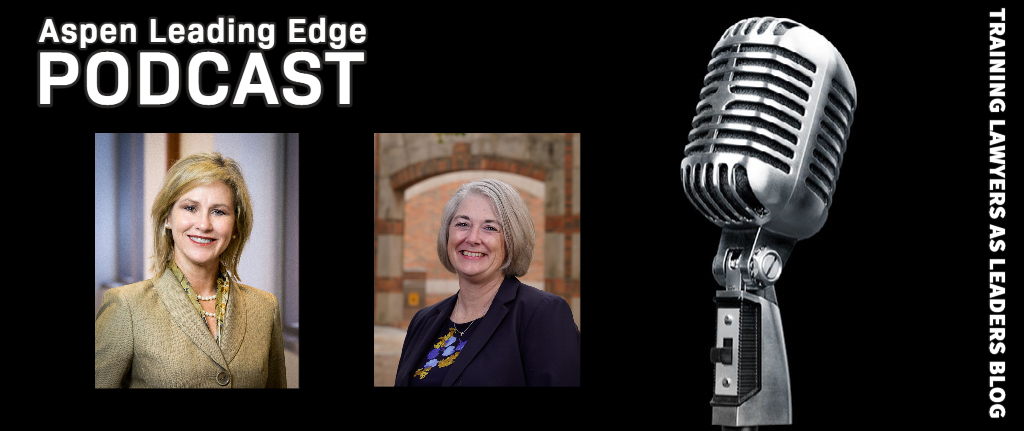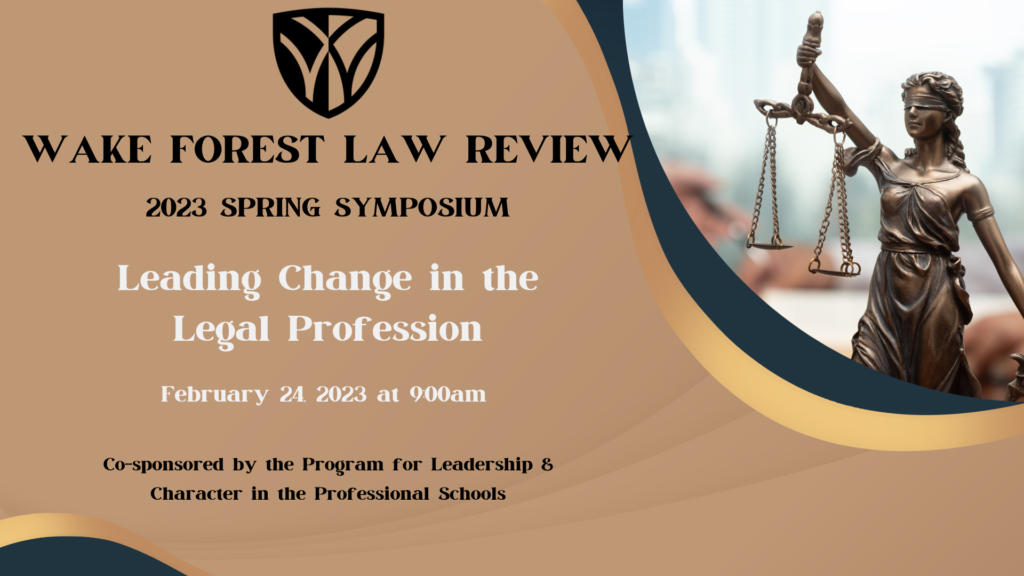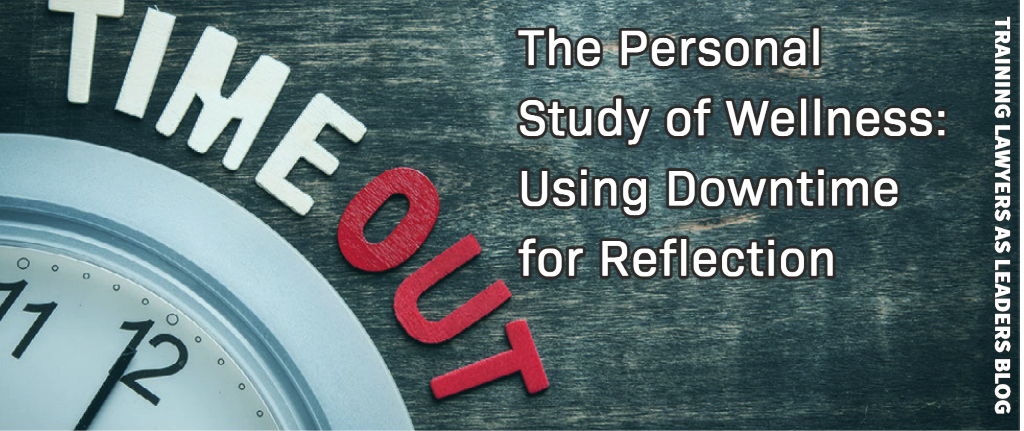
We are thankful to our many colleagues across the nation who are using leadership courses to better prepare law students for the professional roles they will assume. As you will read in this blog post by Professor Kathleen Elliott Vinson, she is not only preparing her students to be inclusive global leaders but also teaching cross-culture competency in compliance with the new ABA Standard 303(c).
Thank you Prof. Vinson for what you are doing and for sharing with us!
– Leah
By: Professor Kathleen Elliott Vinson, Suffolk University Law School
Lawyers have a leadership role and responsibility in today’s global world that requires cross-cultural competence as a professional lawyering skill. ABA Standard on Legal Education 303(c) requires that law schools educate law students on cross-cultural competence, but it does not define the form or content. Through a Global Leadership course, law students can develop cross-cultural competence to be effective and inclusive leaders to serve clients and stakeholders from different experiences, backgrounds, and perspectives. Professor Tatiana Kolovou at the Kelley School of Business, Indiana University notes that “developing the ability to work seamlessly across cultures is not about having all the right answers, it’s about asking all the right questions.” Generally defined, cross-cultural competencies are the ability to understand, communicate, respect, and work effectively with individuals across different cultures.
A Global Leadership course can foster students’ cross-cultural competence by raising their awareness and developing their knowledge, skills, and motivation to lead with an inclusive, global mindset. By reviewing a variety of leadership theories, styles, and philosophies in a comparative context across different cultures, the course can use a global lens to develop students’ cultural competence, exploring topics such as the following:
- defining global leadership
- examining traits and skills of inclusive global leaders
- developing cultural self-awareness and addressing implicit bias
- understanding the impact of culture on leaders and those they lead (including their beliefs, customs, perspectives, values, traditions, norms, priorities, communication, interactions, judgments, and behaviors)
- being aware of, respecting, and appreciating cultural similarities and differences
- understanding the habits of cross-cultural lawyering
- reflecting on possible challenges and benefits of global leadership
- adapting leadership style, if needed, to interact flexibly, fluidly, and effectively across cultures
Through the use of diagnostics, self-assessments, discussions, journals, simulations, presentations, reflections, and other cross-cultural lawyering materials in a Global Leadership course, students can appreciate the evolution of the stages of cross-cultural competence: unconscious incompetence, conscious incompetence, conscious competence, and the final stage of unconscious competence. Students will develop greater confidence in their global leadership skills, gain an understanding and appreciation for leadership styles in a comparative context, and develop cultural competence, a leadership skill needed and expected by legal employers globally. Ultimately, a Global Leadership course fosters culturally competent lawyers “who can work—effectively—with clients, co-workers, judges, and people in general from a wide variety of ethnic and cultural backgrounds.”
Some additional helpful resources on cross-cultural lawyering and global leadership include:
- Susan Bryant, The Five Habits: Building Cross-Culture Competence in Lawyers, 8 Clinical L. Rev. 33 (2001)
- Jay Clark, The Five Principles of Global Leadership (2015)
- Rosa Kim, Globalizing the Law Curriculum for Twenty-First-Century Lawyering, 67 J. Legal Educ. 905 (Summer 2018)
- Mark E. Mendenhall et al., Global Leadership (3d ed. 2018)
- Mary-Beth Moylan & Stephanie J. Thompson, Global Lawyering Skills (2018)
- Leah Teague et al., Fundamentals of Lawyer Leadership (2021)













